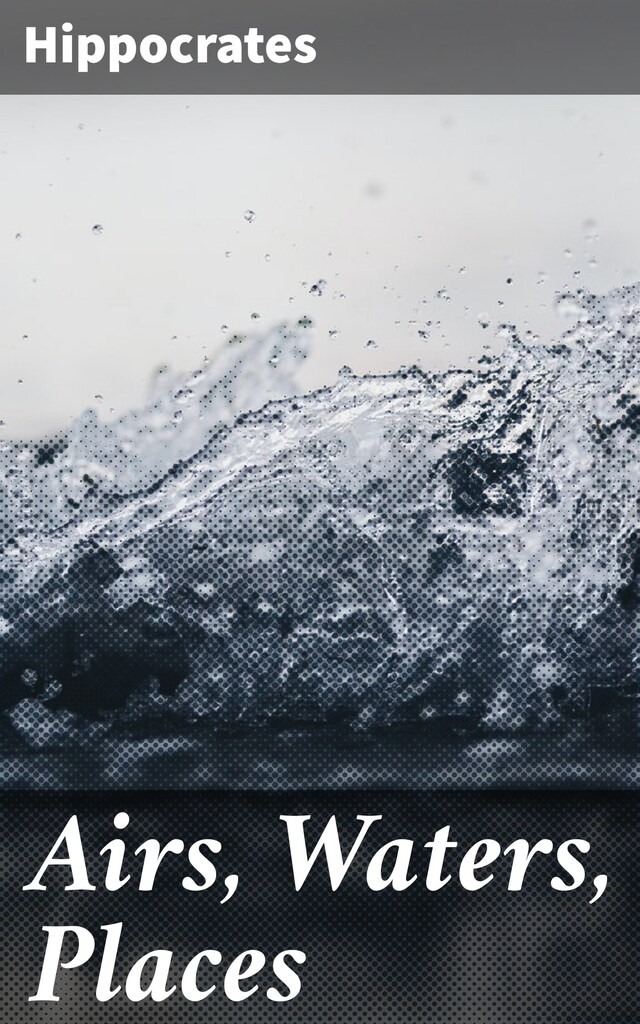
Airs, Waters, Places
Exploring the Nexus of Environment and Health in Ancient Greece
Description of book
In "Airs, Waters, Places," Hippocrates compiles a groundbreaking exploration of the environmental factors influencing human health. Written in a clear and methodical prose, the treatise exemplifies early observational science, emphasizing the interplay between climate, geography, and human physiology. Hippocrates meticulously categorizes the diverse qualities of air, water sources, and geographic locations, positing that these elements significantly impact the health and temperament of populations. This work is foundational not only in the field of medicine but also in environmental studies, situating it in the context of ancient medical thought intertwined with natural philosophy. Hippocrates, often referred to as the Father of Medicine, lived during the 5th century BCE in ancient Greece. His approach to medicine marked a departure from supernatural explanations of disease, advocating instead for a rational examination of physical conditions and their correlation with health. Influenced by the intellectual environment of his time, Hippocrates's observations reflect a profound understanding of the natural world, ultimately leading to the establishment of clinical practice grounded in observation and ethics. Readers interested in the origins of medical thought will find "Airs, Waters, Places" an indispensable text. It not only provides insight into the medical practices of ancient Greece but also invites contemporary readers to reflect on the enduring relationship between our environment and well-being. This work stands as a testament to Hippocrates'Äôs lasting impact on both medicine and public health.
 Hippocrates
Hippocrates 33 Pages
33 Pages